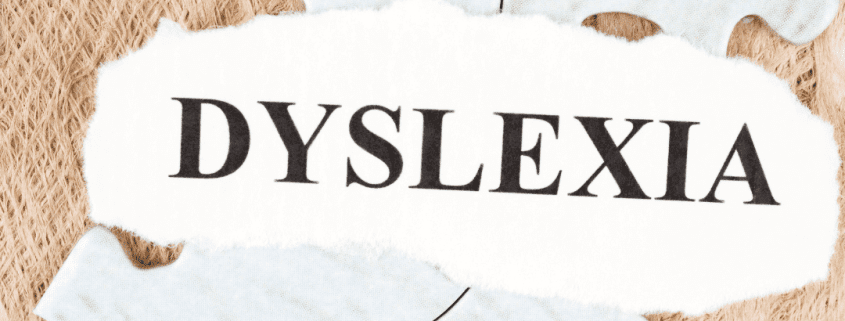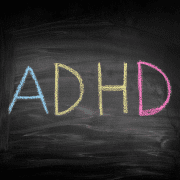
Think back to when you learned to read. I don’t really remember it, do you? I just remember being able to read. I don’t remember putting any effort in (although I am sure my mother would remember the homework). This is pretty common in people for whom learning to read was just one quick stop on our educational journey. But what an important stop! It opened the world to all the other things we needed to learn.
What is a reading order/dyslexia?
However, that is not the only experience of learning to read. For plenty of people, for plenty of reasons, learning to read was a hard-won battle. A reading disorder is one possible reason for children struggling to learn to read. So, how do you know if your child has a reading disorder? And if you suspect they do, what should you do about it?
Dyslexia is a neurological condition that causes difficulties with learning to read and spell (so it will affect both reading and writing). Dyslexia is only ONE name for reading disorders – just because you do not meet the standard criteria for dyslexia does not mean you do not have a reading disorder. These problems are not related to intelligence. Bilingual people with dyslexia will typically have the same problems learning to read in all their languages.
It is diagnosed by a psychologist (or sometimes a speech therapist) and is treated mostly by speech and language therapists (orthophonistes in France). In order to be considered for testing, children must have shown little progress after sustained normal literacy instruction.
Dyslexia runs in families, so if someone in your family has been diagnosed with it, it might be something you need to be extra vigilant about.

What might a child with dyslexia look like in the classroom or at home?
There are lots of red flags you can look out for early in order to identify children who might be at risk of reading disorders. First and foremost, it tends to present as a difficulty learning letter-sound correspondence despite a lot of normal instruction and reinforcement. That means knowing that ‘A’ says ‘ah’ etc. Teachers might report having tried different methods but nothing really making a difference. There may also be the classic sign of mixing up mirror letters or ones that look or sound similar (p/d/b/q, k/g or m/n). *It’s important to note that typical children do this too but remediate it with typical help in class.
You might also notice children who make the same mistakes over and over again despite teaching on the point. Sometimes, you may not be able to put your finger on it, but these are children for whom reading is a BATTLE. Children who have difficulty reading often compensate by making a fuss or even refusing to do literacy tasks completely – some goof off and use distraction techniques to make it seem like they just don’t care or are not trying. These are children for whom reading requires HUGE amounts of mental energy (they might be physically exhausted from literacy work) so sometimes, not doing it is just the best option.
Finally, it might be a child who, after huge effort, has learned to read (probably slowly) but still has difficulty understanding what they read.
How to Get Help
In France, it is the orthophoniste who treats will treat dyslexia. If you’re worried about your child’s reading and have already given all the ‘usual tricks’ a go, you should speak to your GP or paediatrican and ask for an ordonnance (referral) for assessment and treatment. After assessment, if dyslexia is suspected your therapist will offer you therapy sessions to help remediate, compensate and provide education to both you and your child. They might also have information on special classes and institutions set up to help people with severe dyslexia and accommodations that might be afforded children for school or exams. Waiting lists can be long, so call around and be persistent. Lastly, try not to worry ☺. Help is available and lots of very successful people have dyslexia (Richard Branson, Einstein and Walt Disney to name but a few), so with the right support your child will still have a bright future ahead of them!
-Marie Robert, SLT/Orthophoniste
Marie Robert is an Irish Speech and Language Therapist and children’s author, currently working just outside of Paris. She treats children from birth to 18 years of age. Marie treats a wide range of speech and language delays and disorders and specializes in treating developmental language disorder.









Leave a Reply
Want to join the discussion?Feel free to contribute!